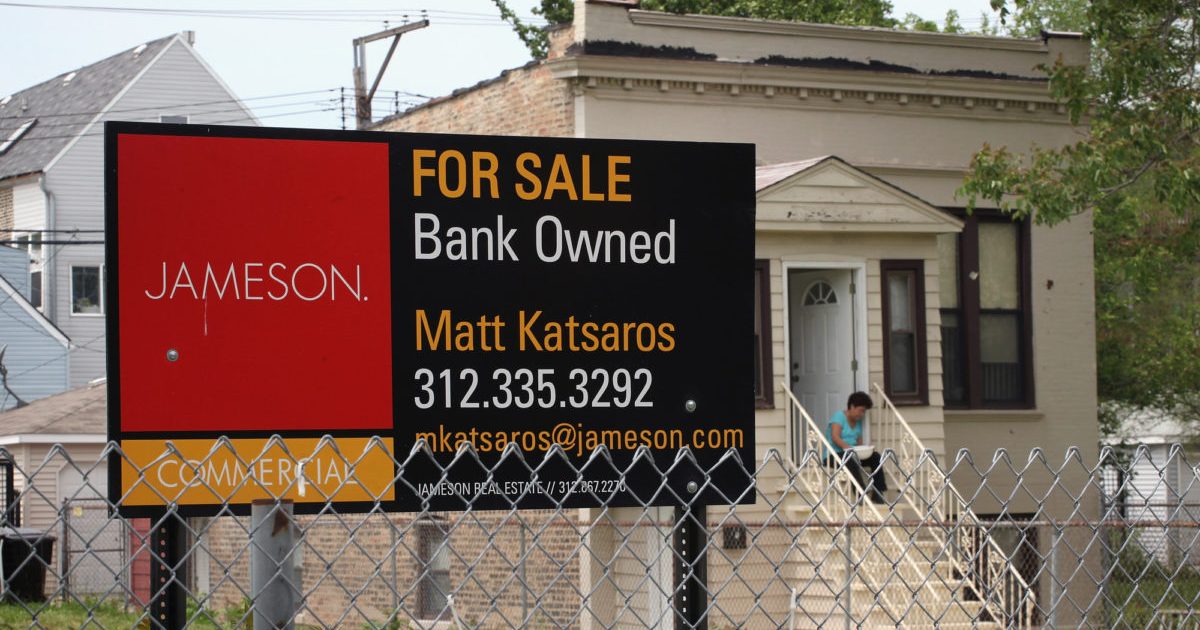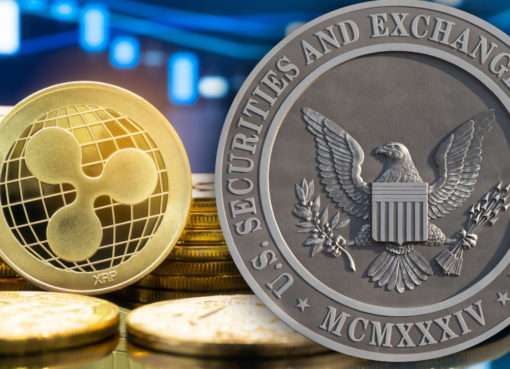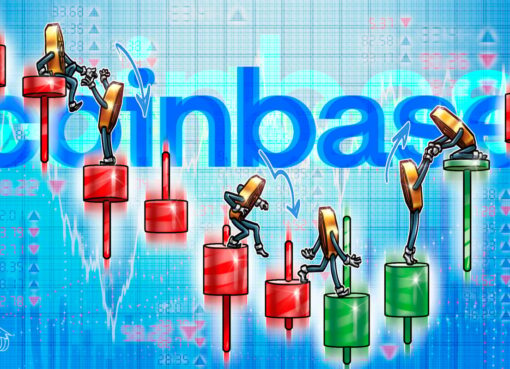- A new Federal Reserve report shows household debt surged in 2019, growing the fastest since 2008. The housing market is partly to blame.
- Fourth quarter mortgage originations ballooned at their highest pace since 2005. Household debt now stands at a perilous record $14 trillion.
- Famed economist and global market strategist David Rosenberg says, “This turbocharged debt cycle will end miserably.”
The stock market, jobs market, and housing market seem as robust as ever. The economic recovery since the Great Recession will mark 11 years if it continues until June. That’s the longest period of uninterrupted growth in American history.
The Dow Jones Industrial Average, S&P 500 Index and Nasdaq Composite all set record intraday highs Tuesday. Hiring remained strong in January, while unemployment stayed close to historic record lows. Housing market inventories can’t keep pace with demand. Inflation is incredibly tame. The Fed is actually worried it’s too low.
But underlying the positive indicators is the sobering reality of a rampant housing market and consumer debt crisis in the making. As the stock market charted new records, the New York Federal Reserve’s quarterly household debt report is a bleak picture.
Federal Reserve Reports Record American Debt
The economy seems strong, but the growth has been fueled by massive borrowing.
According to the New York Fed’s latest Quarterly Report on Household Debt and Credit, total U.S. household debt has ballooned to a record $14 trillion.
In 2019, debts held by U.S. households grew at its fastest pace since the Great Recession. Last quarter, mortgage originations grew at their fastest pace since the housing bubble gathered steam in 2005.
Many of the new loans were from refinances. But that’s hardly a silver lining if it’s to help homeowners make the payments on their $2 million subprime mortgages.
In response to the Fed report, Euro Pacific Capital CEO and chief global strategist Peter Schiff said the record debt “represents a systemic risk to the U.S. economy.”
Peter Schiff was one of the few who predicted the last housing market crash.
Housing Market, Consumer Credit Crisis
Here’s a terrifying video to tweet for #ThrowbackThursday, a January 2007 CBS News segment about “record high consumer debt.”
It aired just months before the recession started. CBS’s Trish Regan reported:
We spend more than we earn, and then find ourselves in trouble.
David Rosenberg, chief economist and strategist for Gluskin Sheff & Associates, is extremely bearish about the economy in 2020:
Right now, it is critically important to get as close to the truth of clients’ risk tolerance. There have probably never been as many characteristics of a top as we are experiencing today.
Rosenberg forecasts economy misery ahead:
While I cannot pick the date, I can tell you that this turbocharged debt cycle will end miserably, not unlike 2008 and 2001.
In December, he explained his macro thesis on CNBC’s “Closing Bell.”
The Federal Reserve’s low interest rate environment is fueling an overvalued stock market and rampant housing market bubble.
[Fed liquidity has] found its way into risk assets. By the way, not just the equity market, but look at what credit markets have done. Look at what money markets have done.
The result will be another financial crisis on Wall Street and Main Street.
Peter Schiff agrees.
Cracks in the consumer debt bubble are already showing.
In a blog post accompanying the Fed report, Wilbert Van Der Klaauw, senior vice president at the New York Federal Reserve, notes:
The data also show that transitions into delinquency among credit card borrowers have steadily risen since 2016, notably among younger borrowers.
The massive debt bubble is an economic time bomb. If growth and hiring slow, the ability of consumers to service their record debts will be imperiled.
That would instantly exacerbate a slowdown in any sector. It creates a systemic spillover risk, a slippery slope to another recession.
Disclaimer: The reports and opinions in this article do not represent investment or trading advice from CCN.com.
This article was edited by Sam Bourgi.




